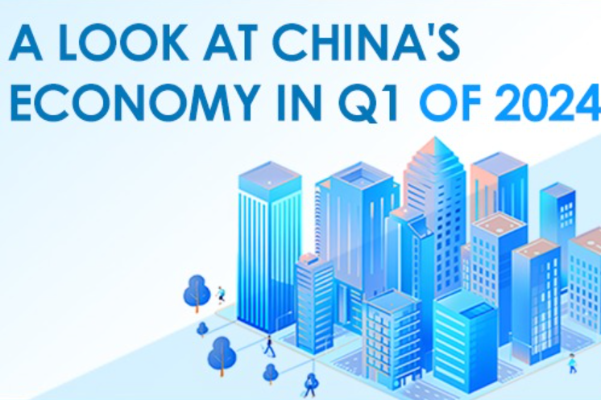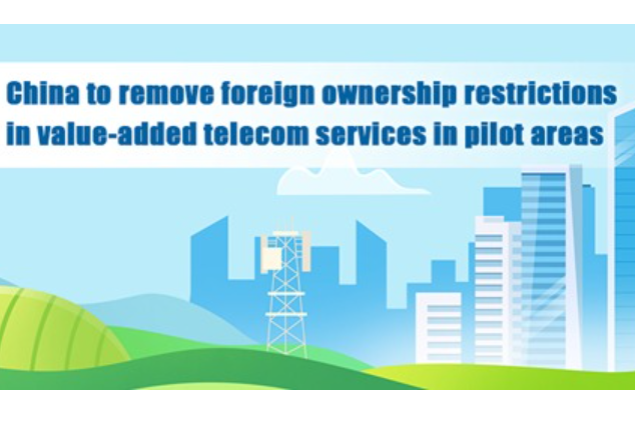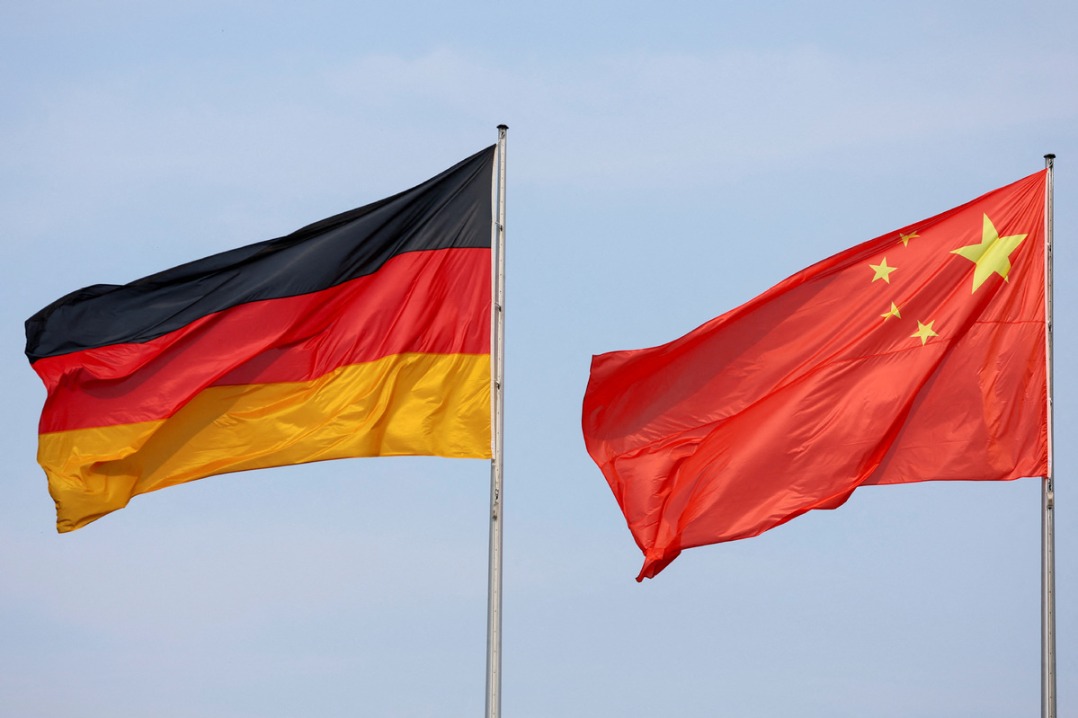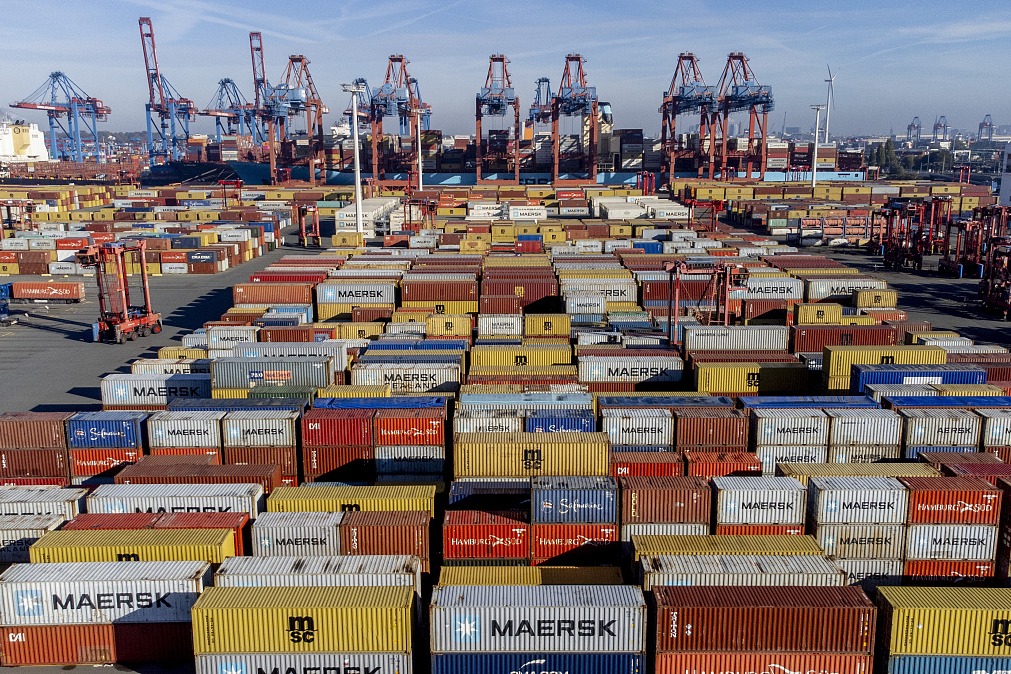China’s first hydrogen fuel cell commuter bus debuts in WHDZ

The first fleet of hydrogen fuel cell commuter shuttle buses in China were delivered to the Wuhan Economic & Technological Development Zone (WHDZ) on Jan 5, marking further progress in the commercialization of the country's hydrogen energy automobile industry, according to WHDZ officials.
The fuel cell engines of the commuter shuttle buses were produced by Wuhan-based Troowin Power System Technology Co and the vehicle was assembled and completed by Xiamen-based Golden Dragon.
It only takes three to five minutes to refuel a commuter shuttle bus with hydrogen and the bus can run for up to 300 kilometers, officials said.
The vehicle is quite environmentally friendly with its sole emissions being water.
The appearance of the hydrogen fuel cell commuter shuttle bus is not much different from that of a conventional bus. When the rear hatch is opened, it can be seen that the diesel engine has been replaced with a hydrogen fuel cell and four hydrogen tanks are fixed side by side in the luggage compartment of the vehicle.
According to Li Xiao, an official of Troowin Power System Technology Co, the fuel cell engine equipped on the commuter shuttle bus has completely independent intellectual property rights. It boasts such advantages as energy saving, environmental protection, quiet operation, as well as fast refueling.
In China many cities and places, including Wuhan, have introduced hydrogen buses, but to date there have been commuter shuttle buses.
According to Li, a commuter shuttle bus runs faster and can travel on expressways. It also differs in terms of power from the conventional bus.
One kilogram of hydrogen can generate 15 kWh of electricity. A commuter shuttle bus requires about 0.7-0.9 kWh of electricity to run for one kilometer. At present, the price of hydrogen is 60 yuan ($8.64) per kilogram.
Without subsidies, the cost is four times that of pure electric vehicles and twice that of gasoline vehicles, as explained by staff members of Wuhan Tielong Commuter Automobile Service Co.
The company is currently developing a hydrogen refueling station. It is expected to be completed in April. In addition to policy subsidies, the cost of hydrogen is expected to be sharply reduced.
The hydrogen vehicle technology is still in its initial stages of progressing from being a pilot mode of transport to a full presence in the market.
At present, Wuhan has 60 to 70 hydrogen vehicles including buses, logistics cars and commuter shuttle buses.
Four hydrogen refueling stations have been built in the city and eight will be added this year.
MOST POPULAR
- 1 Things to know about China Intl Consumer Products Expo 2024
- 2 China tops FDI confidence index of emerging markets
- 3 China specifies steps to improve payment services in tourist attractions
- 4 Low-altitude economy set to take off
- 5 China's immigration service platform receives over 10m calls from home, abroad
Editors' Picks
 Infographic:
A look at China's economy in Q1 of 2024
Infographic:
A look at China's economy in Q1 of 2024
 Infographic:
China to remove foreign ownership restrictions in value-added telecom services in pilot areas
Infographic:
China to remove foreign ownership restrictions in value-added telecom services in pilot areas
 Infographic:
2023 Sino-German investment and trade in numbers
Infographic:
2023 Sino-German investment and trade in numbers
 Infographic:
China-Germany relations in graphic
Infographic:
China-Germany relations in graphic



